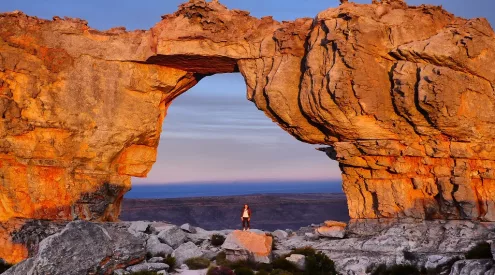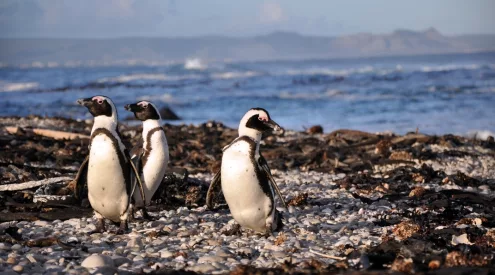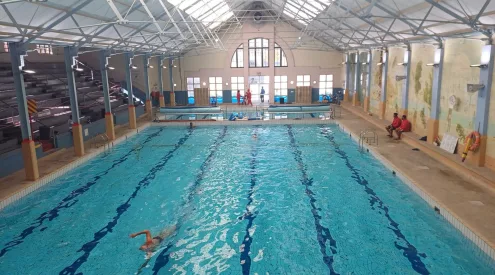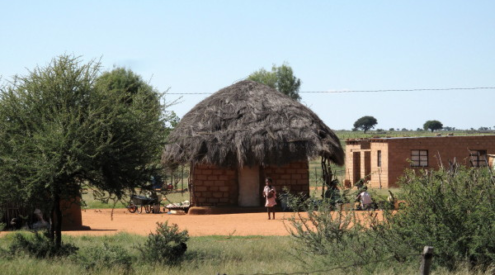The Minister of Forestry, Fisheries, and the Environment Barbara Creecy has invited the public to comment on the draft Biodiversity Management Plan (BMP) for the African Penguin.
But this is not the first plan government has set in place alongside various NGOs, and none have been able to bring about significant change as the population numbers keep decreasing every year.
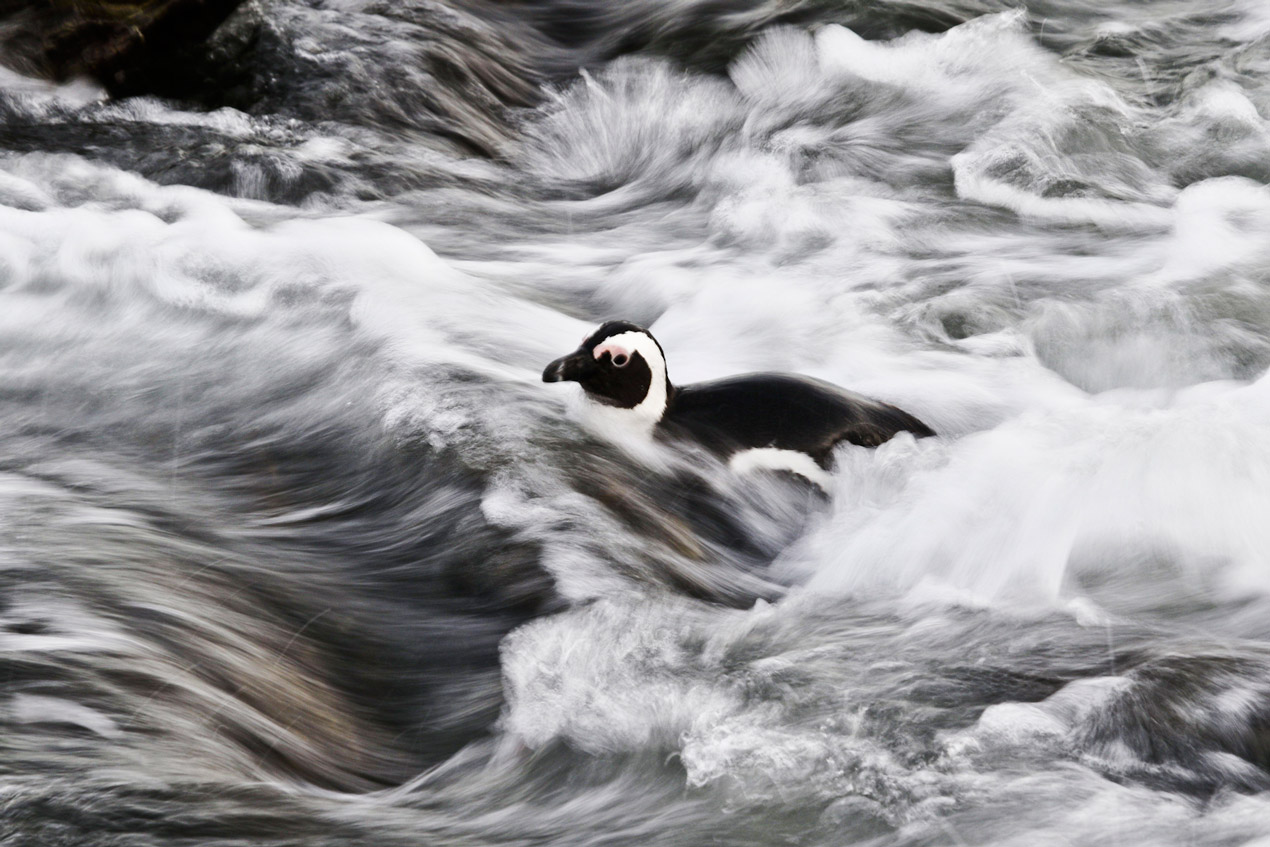
Picture: Davide Gaglio
‘The actions and threats [stipulated in the BMP] include improving where possible access to available food for African penguins, population models to assess multiple threats on African penguins, reviewing the implementation and monitoring of predation management, at-sea threats, human-induced stresses, and the mitigation intervention on management processes implemented for ship-to-ship bunkering among others,’ the statement reads.
Trudi Malan, Project Manager at the African Penguin & Seabird Sanctuary says the most important step that government can take, however is to prevent overfishing near penguin colonies. One of the biggest threats to the survival of African penguins is a lack of food. ‘This means that government will have to step up and implement the fisheries closure around colonies. They also must close the loophole that allowed for bunkering in Algoa Bay without any environmental impact or risk assessment,’ Malan says.
‘The negotiations about the fisheries closure around colonies have been ongoing for years. It is almost as if we have created these two sides, the penguins against the fisheries,’ she adds. ‘There are not two sides, there is only one ocean where fish needs food and food is only available if there is fertiliser. No penguins, no fertiliser, no fish, no fisheries.’
The BMP for the African Penguin was first gazetted in 2013 due to the rapid decline of the species in the 20th century. This once most abundant South African seabird suffered a massive reduction from over one million pairs in the 1920s to present population numbers of just over 10 400 pairs in 2021 and today the species is endangered – with populations on a steady decline despite the 2013 BMP.
‘What we need to understand is that we are not trying to save the African penguin from extinction because they are cute or iconic. The African penguin is an Apex predator, they make a massive contribution to the marine ecosystem and their demise will have an impact on an already overburdened system,’ Malan adds. ‘They bring large amounts of nutrients from the ocean to their colonies. The nutrient concentration per unit of surface area in seabird colonies is among the highest measured on the Earth’s surface and this makes the areas around penguin colonies food-rich areas. The loss of penguins will basically cause a ripple effect down the food chain.’
Now, members of the public are invited to submit their comments before 21 August 2022. All representations and comments must be submitted, in writing, using one of the following methods:
By post to:
The Deputy Director-General: Oceans and Coasts
Department of Forestry, Fisheries and the Environment,
Private Bag X4390,
Cape Town, 8001
Attention: Ms Millicent M Makoala
Hand-delivery:
The Deputy Director-General: Oceans and Coasts,
Department of Forestry, Fisheries and the Environment,
1 East Pier Building, East Pier Road,
V&A Waterfront, Cape Town,
Attention: Ms Millicent M Makoala
E-mail: [email protected]
ALSO READ: The seabird ranger fighting for penguins on Dyer Island



